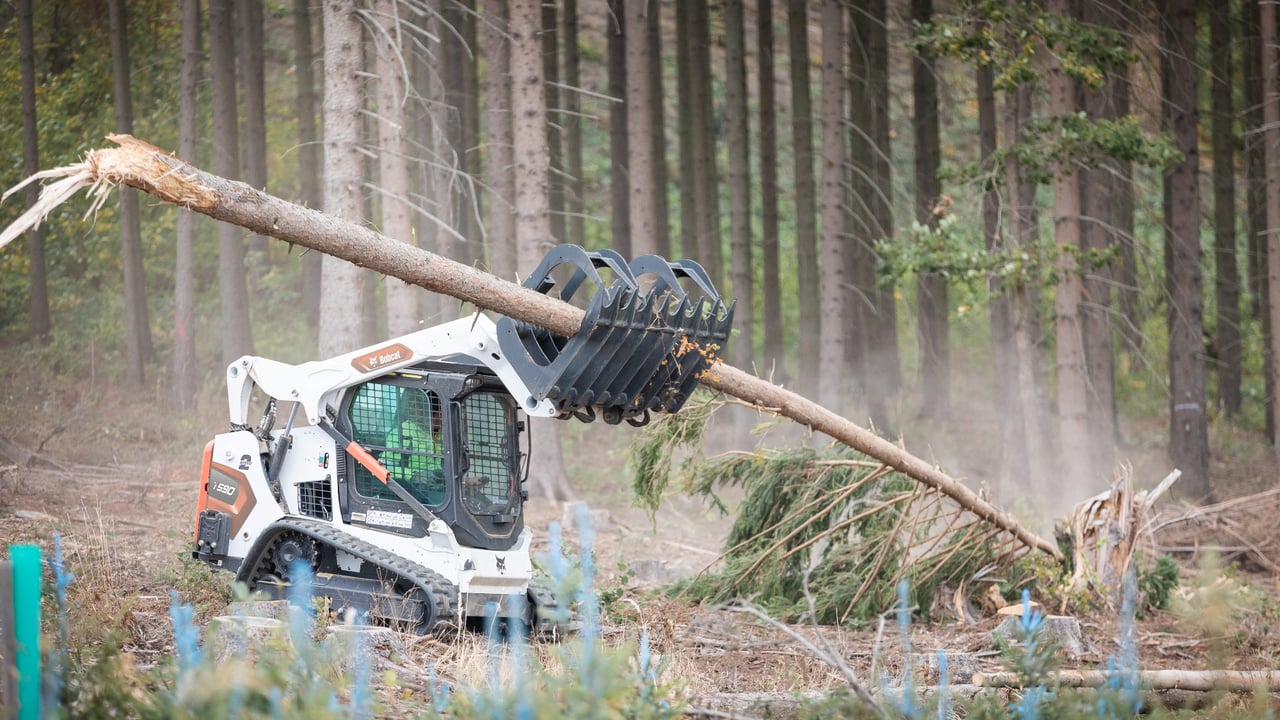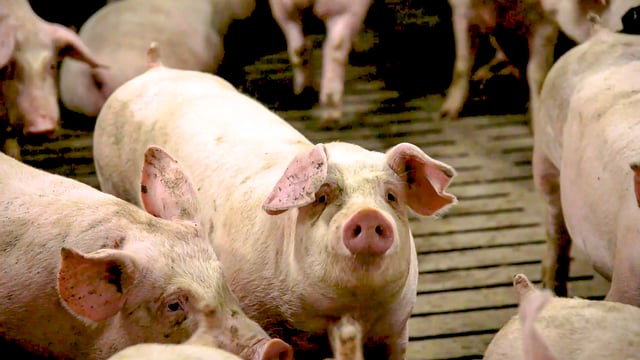Carbon markets continue to expand but call for regulation
The scope of international carbon markets continues to expand with the potential of forestry increasingly recognised in this context.
However, a leading forester in Northern Ireland is calling for the market in carbon units (CU), or credits, to be fully regulated.
Premier Woodlands managing director, John Hetherington has confirmed that trading values of €10-15 per potential carbon unit (PCU) are now available. Verified carbon units (VCU) are worth much more, these all are one-off payments.
He told Agriland: “These values reflect the potential of woodlands and forests to sequestrate carbon.
But, as he went on to point out, the market for these trading assets is unregulated.
"This has to change, if farmers and other landowners committing to invest in forestry development are to have the full security they need, in what is a very long-term commitment," Hetherington added.
“These would have to be ironed out in full, before landowners would have the confidence to get involved in projects of this nature."
A case in point, according to the Premier Woodlands representative, is the preference given to broadleaf planting within CU trading schemes relative to conifers.
“This approach is fundamentally flawed," he explained.
“This is particularly so in cases where conifer plantations are specifically managed to produce construction grade timber. In these instances, the wood produced is actually storing carbon for many additional decades.”
Hetherington confirmed that significant numbers of Irish farmers are actively looking at off-farm tree planting projects as a way of reducing their business carbon footprint as a whole.
“This is already happening,” he confirmed.
“Land prices may financially inhibit the planting of trees here in Ireland.
“Trees have the potential to sequester large quantities of carbon dioxide over many years. An added attraction is the fact that all timber sales are free of any taxation.
“But farmers and other land owners must be adequately supported both by the public and private sectors in making all of this happen," he said.





